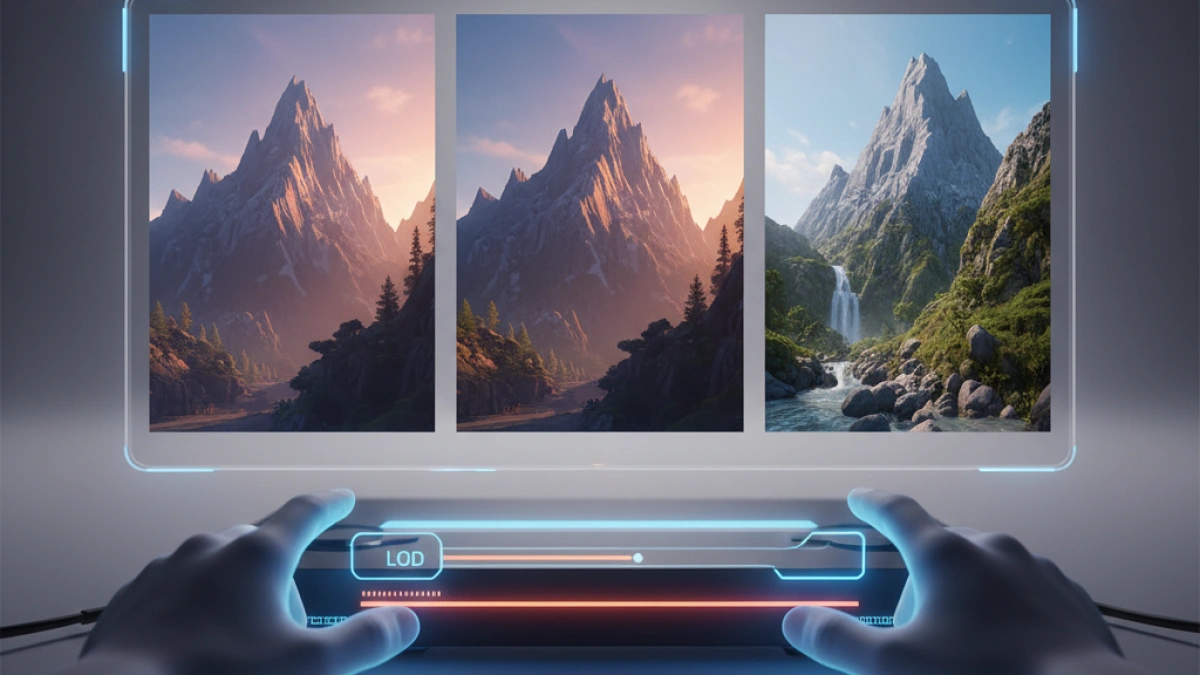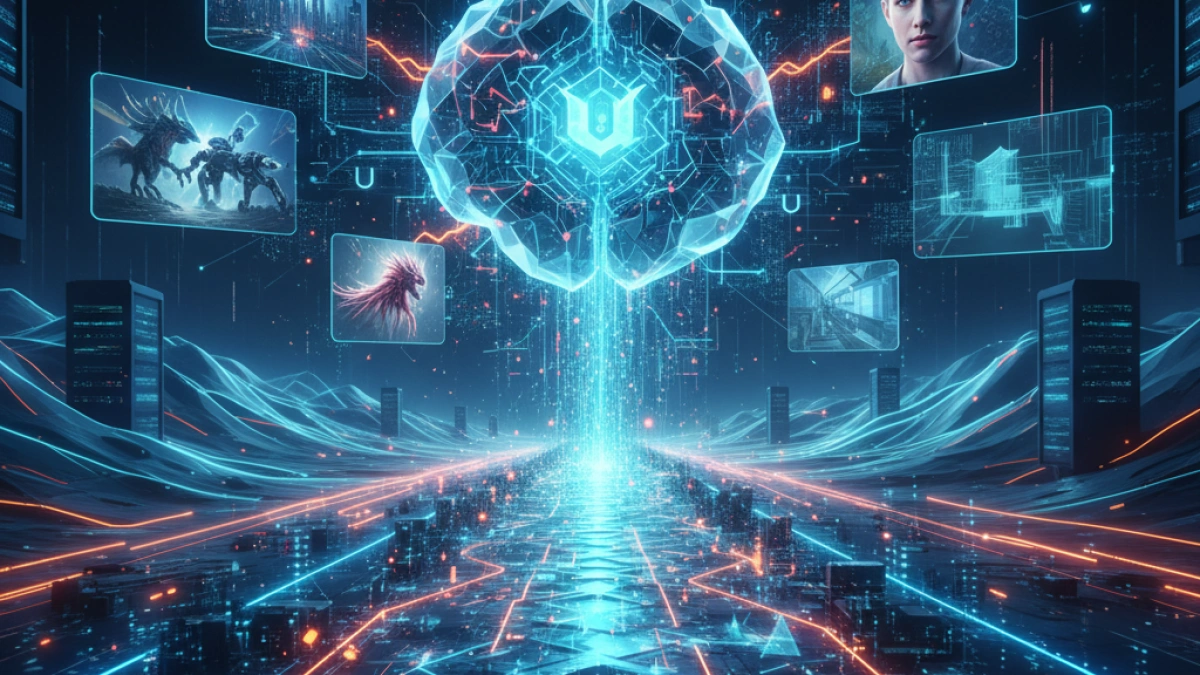What is Godot? Game engine


Godot is a free and open-source game engine that has gained popularity in the game development industry. Since its initial release, it has evolved significantly and has become an attractive option for both independent developers and larger studios. In this article, we will explore its features, advantages, supported programming languages, types of games that can be created, and much more.
History of Godot
The first version of Godot was released in 2014 by Juan Linietsky. Since then, the community has contributed to the development of the engine, which has grown in functionality and features. Version 3.0, released in January 2018, marked a major milestone, introducing a more flexible node system and the GDScript programming language.
Main Features of Godot
Open Source
Godot is completely free and open-source, meaning that anyone can use, modify, and distribute it at no cost. This has allowed an active community to contribute to the engine, continually improving it.
Intuitive Interface
Godot's interface is designed to be user-friendly, making it easy to access the tools needed by developers. This allows both beginners and experts to use the engine effectively.
Node System
Godot uses a node system that allows for flexible organization of elements within the game. Each element in Godot is a node that can have different properties and behaviors, making it easy to create and manage complex scenes.
Programming Languages
Godot supports several programming languages, the most notable being GDScript, a Python-like scripting language. Other options include:
- VisualScript: A visual scripting system that allows users to create logic without writing code.
- C#: Integration with C# allows developers to use a popular and robust programming language.
- C++: For those looking to further optimize their games, Godot allows for the creation of modules in C++.
Cross-Platform Compatibility
One of the most significant advantages of Godot is its ability to export games to multiple platforms. Developers can create games for Windows, macOS, Linux, Android, iOS, and HTML5, which expands the reach of their projects.
Types of Games You Can Create with Godot
Godot is versatile enough to support a wide range of game genres, such as:
2D Games
Godot has a strong focus on 2D game development. Its tools are especially effective for creating platformers, role-playing games, and other two-dimensional game styles.
3D Games
Although it started out as a 2D-focused engine, Godot has advanced its 3D capabilities. Developers can create complex three-dimensional worlds and use advanced lighting and shadow effects.
Advantages of Using Godot
Active Community
The Godot community is active and constantly growing. This means that developers have access to numerous resources, tutorials, and forums where they can resolve questions and share knowledge.
Comprehensive Documentation
Godot has excellent documentation that covers all areas of the engine. This is especially helpful for new users, as they can learn how to use the engine effectively.
Flexibility and Customization
Being an open source engine, developers can customize Godot to their needs. This allows for greater freedom and creativity in game development.
Disadvantages of Godot
Despite its many advantages, Godot does have some disadvantages that developers should consider:
Lower Popularity
There is still a gap in popularity compared to engines like Unity or Unreal Engine. This can limit access to resources and tutorials compared to more established engines.
Learning Curve
While it is accessible for beginners, the variety of tools and options can be overwhelming for some. New users may require time to fully familiarize themselves with all of the engine's features.
Conclusion
Godot is a powerful and versatile game engine that suits the needs of developers of all skill levels. Being open source, it offers flexibility that many commercial engines can't match. Its focus on both 2D and 3D development, along with an active community and thorough documentation, makes it an interesting choice for those looking to create innovative and engaging video games.
If you're considering developing your next game, Godot might be the right tool for you.



















